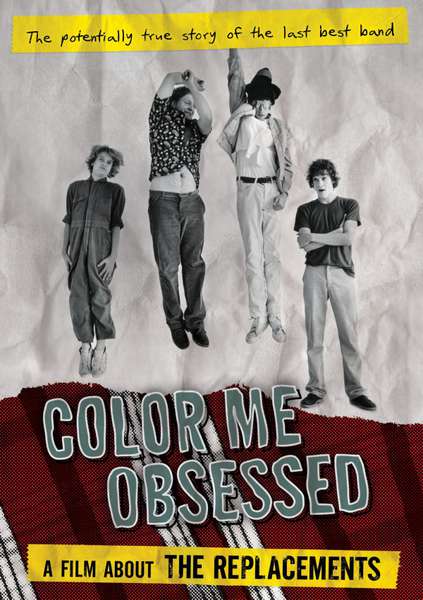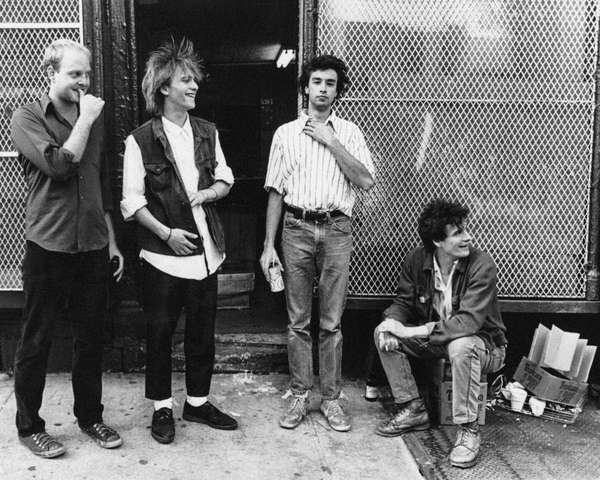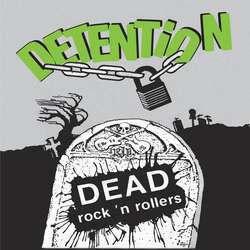There are really only a couple of formulas that music documentaries take: the overdone Behind the Music drama style and the self-serving rehashing-our-glory-days/let’s-sell-some-soundtracks docs. Director/producer Gorman Bechard has added a third style: that of the fanboy. Axing convention, Bechard has put together a two-hour film about the Replacements that doesn’t only skip talking with the band’s members, it doesn’t play any of their music. It doesn’t even show a photo of the entire group until the end credits as far as I could tell. In place of the first-person point of view, Bechard lets the fans talk.
Sure, some of the Replacements fans he brings on board in Color Me Obsessed are recognizable figures: music critic Robert Christgau (who is so prominent I should probably verify that he wasn’t a co-producer), Craig Finn (The Hold Steady), Grant Hart (Husker Du), Colin Meloy (The Decemberists), Brian Fallon (The Gaslight Anthem) and many more share their stories, personal connections, and admiration for the group. The film succeeds, though, because it’s not just a gloat-fest. It draws varied opinions about the band’s discography and even questions some popular mythologies about the group. It’s a critical group of participants and it gives a wide voice that pulls together in admiration of the band without hiding their faults (like so many documentaries do). The story is mostly interested in the band’s live presence over the years, focusing most heavily on the first three-quarters or so of their career. It doesn’t shy away from the band’s later years, line-up changes, and internal and personal problems, but it doesn’t make a big Act Three out of it either. While there is a lot of unconditional love given to the band, the subjects are also critical.
For the most part, the stories are fun and interesting. Bechard does his homework, getting anecdotes from the subjects behind “Answering Machine” and the namesake of Tim, and he blends them seamlessly among tales of a rural youth listening to The Replacements on the farm, a young Crain Finn spotting the band on the street, and a character simply identified as “middle-aged family guy.” A few of the stories are too long or just too personal in relation to the band, and a few are just unnecessary (George Wendt). The final half-hour definitely loses momentum as the inevitable break-up nears, yet the speakers primarily maintain a nostalgic and positive tone.
The quality is professional and well done with seamless editing, well-cut shots, and uniform sound throughout the many interviews. Two interviews were awkwardly zoomed in (and I suspect were recorded via webcam) and a few subjects annoyingly aren’t facing the camera, but it’s not a detriment to the film as a whole.
To come full circle, there are also really only two ways to tell if a music documentary was successful. One: did it satisfy the hardcore fans? In the case of Color Me Obsessed, I would argue yes. Its oral history focus overcomes the emphasis on facts and figures, relying on emotion and personal connection. Two: does the film work for those who are not fans? Here is where Bechard’s distinct narration closes the gap. He brings a tone of appreciation for a critically praised but overlooked (at least by Billboard) group. By not cycling through their discography in the film, it leaves a powerful urge not only to pull your Replacements records off the shelf, but to go down to the store to find some hidden gems you may have missed.





